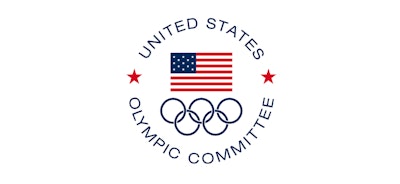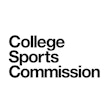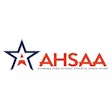
The SCORE Act passed its subcommittee and is moving forward through the House of Representatives, but the U.S. Olympic and Paralympic Committee (USOPC) has concerns about the funding of Olympic programs in university athletics departments. The SCORE Act is meant to provide antitrust protection for the NCAA and bring NIL regulations under one federal law.
According to WINK News, the SOCRE Act requires Division-I schools to sponsor at least 16 athletics teams, similar to current NCAA rules at the Power Four universities. However, the law lacks language ensuring that financial resources will be spread to these nonrevenue teams.
Sarah Hirshland, USOPC CEO told the Associated Press, “You look and you say, ‘Is that effectively going to thwart the issue of allocating too many resources to football and not enough to other things?’ And my assessment is, no, it's not going to do that.”
Related: Lawmakers Prep Sweeping Bipartisan Bill to Create National College Sports Rules
Hirshland and her team at USOPC want to add provisions to the act that would require universities to spend the same percentage of revenue on Olympic sports programs in the future as they have before NIL and revenue sharing shook up college sports.
“The bill, as it's written, would make it too easy for a school to starve 15 programs and invest in one,” Hirshland said. “It's important schools have the latitude to make decisions that are most effective for the school, but while also creating an environment that says ‘You don’t just need to be a football school.'”
In the 2024 Paris Olympics, 75% of U.S. Olympians were connected with U.S. college sports programs. These Olympic programs like swimming, diving, and track and field, may not be as flashy as the Power Four football or men’s basketball programs, but they are the life blood of the Olympic pipeline.
“We don't want schools to starve Olympic sports by cutting them or starving them,” Hirshland said. “We want them to continue to provide investment in the growth of these sports.”





































